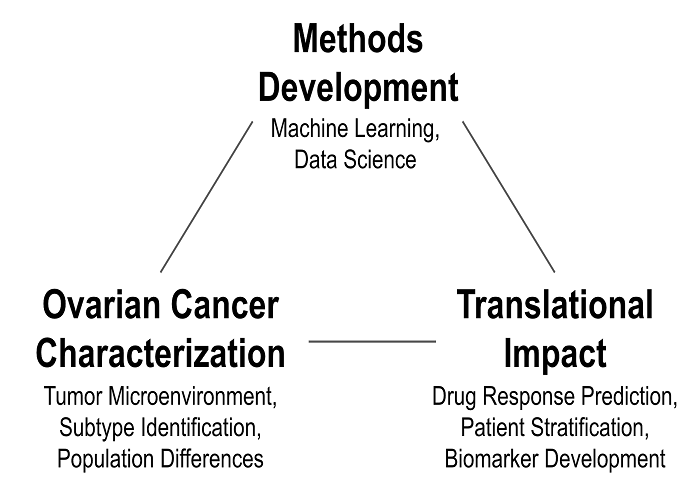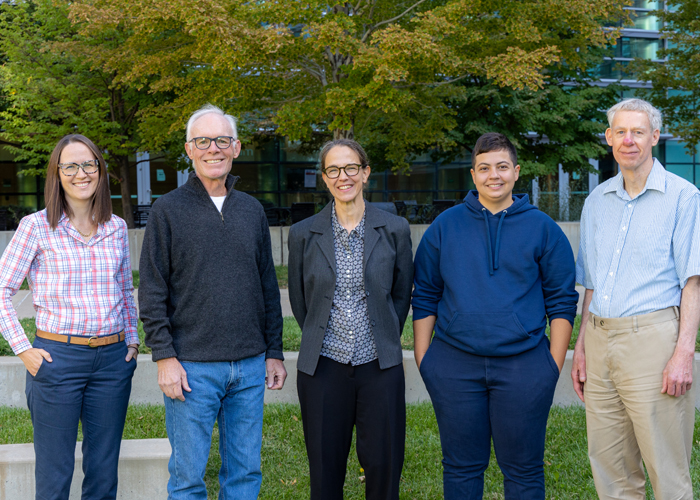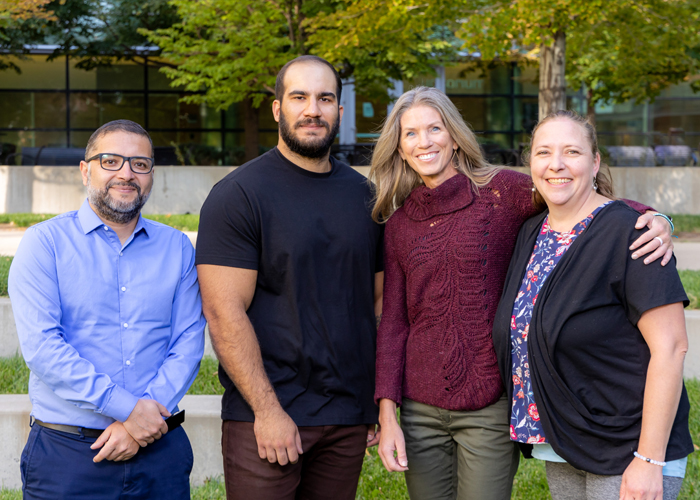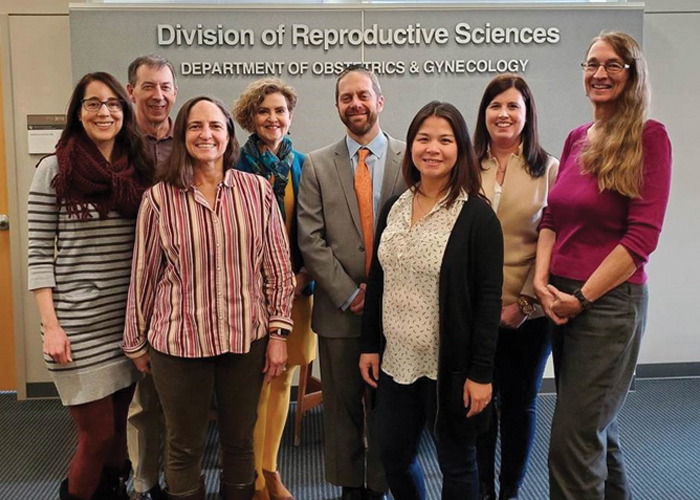Division of Reproductive Sciences Research Labs
Division of Reproductive Sciences investigators are fully committed to extending the tradition of research excellence set by the Department of Obstetrics and Gynecology and the University of Colorado School of Medicine. To this end, we have established research programs in all of the major subdivision of OB-GYN and some non-traditional areas, such as mammary gland biology. We have developed full-spectrum bench-to-bedside research programs in most of these areas, and have been participants in numerous clinical trials, both NIH and industry-sponsored. We have partnered with the community to engage our patients, through the Center for Women’s Health Research (CWHR) and through division-based community initiatives, and we have maintained old and created new collaborative research efforts that reach into geriatrics, metabolism and endocrinology, biochemistry, molecular biology, and –omics technology.
Learn more about our OB-GYN Research Labs:

Connell Lab
The Connell Lab seeks to understand the etiology and pathogenesis of Pelvic Organ Prolapse (POP) leading to more effective, targeted approaches to disease prevention and treatment.

Hurt Lab
The Preterm Labor Research Laboratory (Hurt Lab) has a goal of understanding reproductive physiology and applying those findings to improve the health of women and infants.

Kumar Lab
Research in the Kumar Lab has a significant impact in understanding the physiology and pathology of the reproductive axis including abnormal reproductive tract development, infertility, ovarian aging, bone loss and cancer of the pituitary and gonads.

Davidson Lab
Using machine learning approaches to deepen our understanding of ovarian cancer and improve patient outcomes.

Jansson-Powell Lab
The Jansson-Powell Lab, research is focused on exploring the role of the placenta in determining fetal growth and long-term health.

Lactation Research Group
The Lactation Research Group is driven to understand the developmental processes involving gene expression, structural and biochemical changes in the mammary gland that allow for efficient milk production.

Gynecologic Oncology Research Group
The Gynecologic Oncology Research Group's ultimate research objectives are to aid in the discovery and optimization of precision medicine-based anti-cancer therapeutics for gynecological cancers.

Johnson Lab
The Johnson Lab has a goal of understanding the control of oocyte number and egg quality.

Moore-Lorca Lab
The Moore-Lorca Lab research is aimed at determining the physiological pathways involved and, in particular, the roles of AMPKα activation and epigenetic changes due to DNA methylation.

